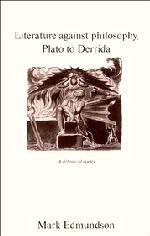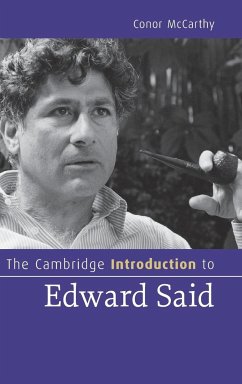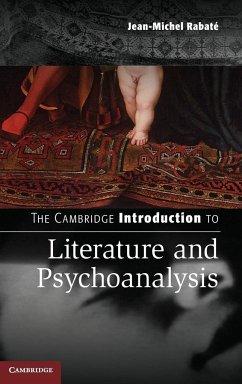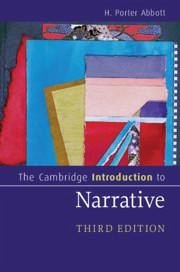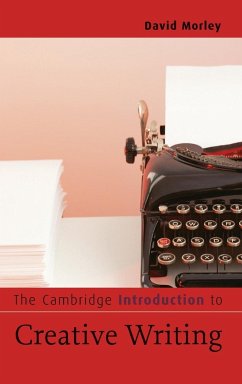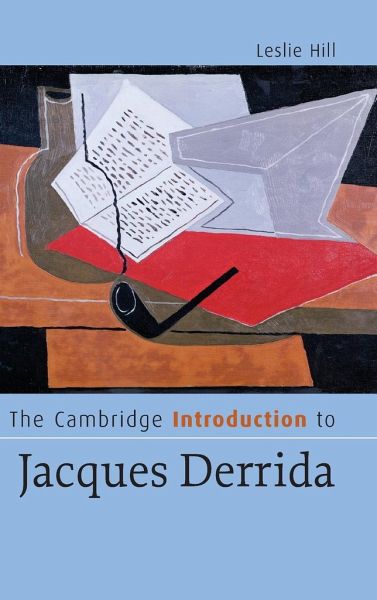
The Cambridge Introduction to Jacques Derrida
Versandkostenfrei!
Versandfertig in 1-2 Wochen
88,99 €
inkl. MwSt.
Weitere Ausgaben:

PAYBACK Punkte
44 °P sammeln!
Few thinkers, in the latter half of the twentieth century, so profoundly and radically transformed our understanding of writing and literature as Jacques Derrida (1930–2004). Derrida's work on literary texts is intricate and challenging and has often been misunderstood or misrepresented. In this book, Leslie Hill provides an accessible introduction to Derrida's writings on literature which presupposes no prior knowledge of Derrida's work. He explores in detail Derrida's account of some of the leading literary figures of the last century and a half and explains why Derrida is neither a litera...
Few thinkers, in the latter half of the twentieth century, so profoundly and radically transformed our understanding of writing and literature as Jacques Derrida (1930–2004). Derrida's work on literary texts is intricate and challenging and has often been misunderstood or misrepresented. In this book, Leslie Hill provides an accessible introduction to Derrida's writings on literature which presupposes no prior knowledge of Derrida's work. He explores in detail Derrida's account of some of the leading literary figures of the last century and a half and explains why Derrida is neither a literary theorist nor a literary critic and why deconstruction is a rigorous and affirmative way with texts and textuality.






